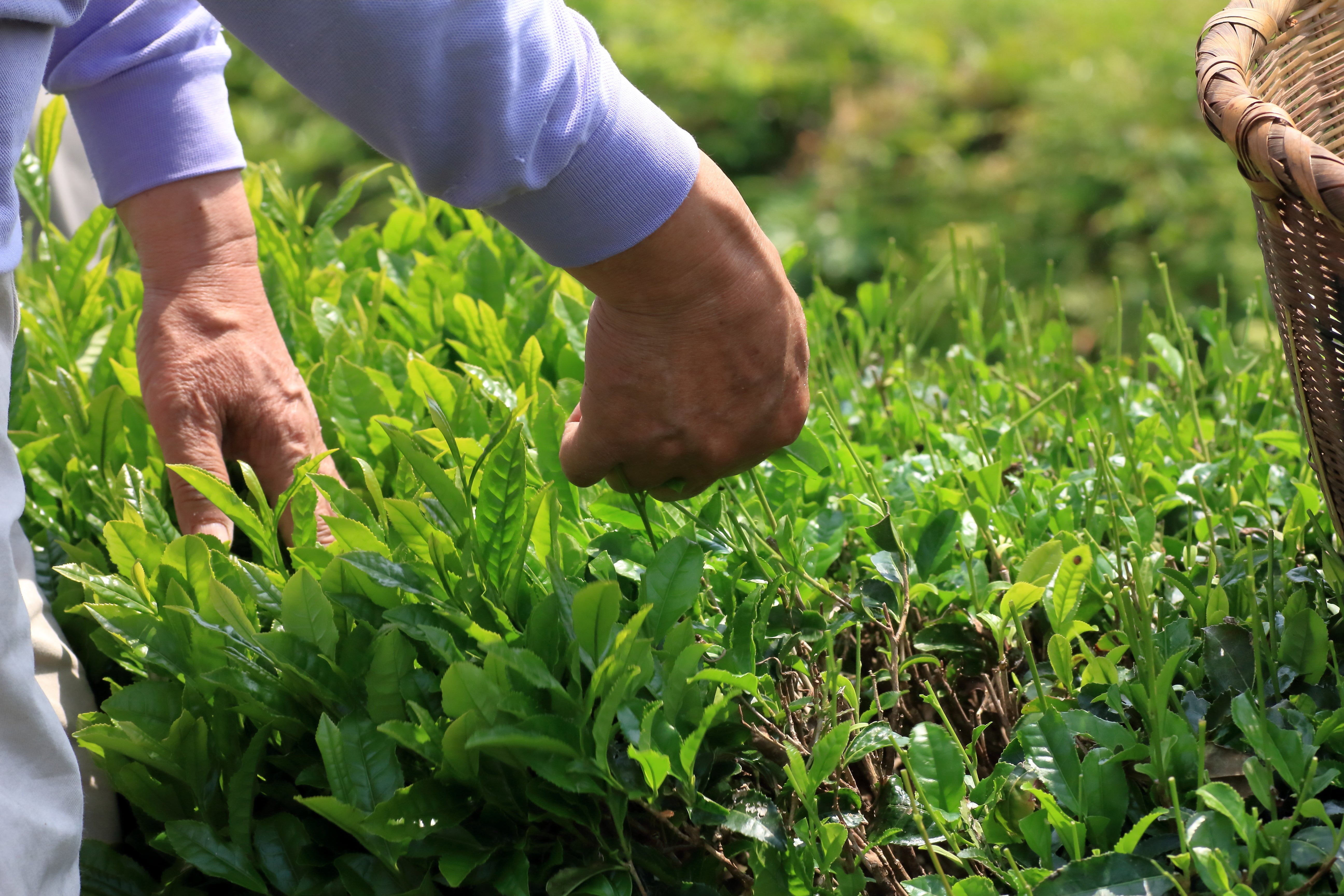Article: Why Matcha Should Be Organic?

Why Matcha Should Be Organic?
Unfortunately, Japan is a big Agrichemical Country
You may have a food safety image of Japan, but Japan is 3rd place in terms of the amount of agrichemicals used in the world.
(No. 1. China: 17.8 kg/ha, 2. Korea: 13.1 kg/ha, 3. Japan: 12.1 kg/ha…8. USA:2.4 kg/ha *kg/ha: the amount of agrichemicals per farmland hectare).
Reference: Greenpeace https://www.greenpeace.org/archive-japan/ja/news/blog/staff/blog/47468/
Main Concerns for Non-Organic Matcha
- Matcha tends to have higher residual agrichemical levels compared with other loose leaf green teas. Before harvesting, green tea plants for Matcha are covered with a net to avoid direct sunlight. The shade-grown process of Matcha (it is necessary to increase ‘umami’) avoids the natural process for agrichemicals to be photodegraded and to be flushed out with rain.
- Unlike loose leaf tea, Matcha is pulverized and the leaf is fully ingested. Therefore, residual agrichemicals are also fully ingested into one's body.
Our products are 100% organic
- ARTEAO Matcha takes these matters seriously as we want to bring healthy Matcha products that promote health and well-being to you. We have partnered with some of the strongest and longest history organic farmers in the Kyoto region that drive the organic movement in Japan. We are proud that we can support these small farmers and bring healthy products to the market.
- ARTEAO's entire tea portfolio is 100% USDA organic, Canada Organic Regime, European Commission, and Japanese Agricultural Standards (JAS) compliant.
